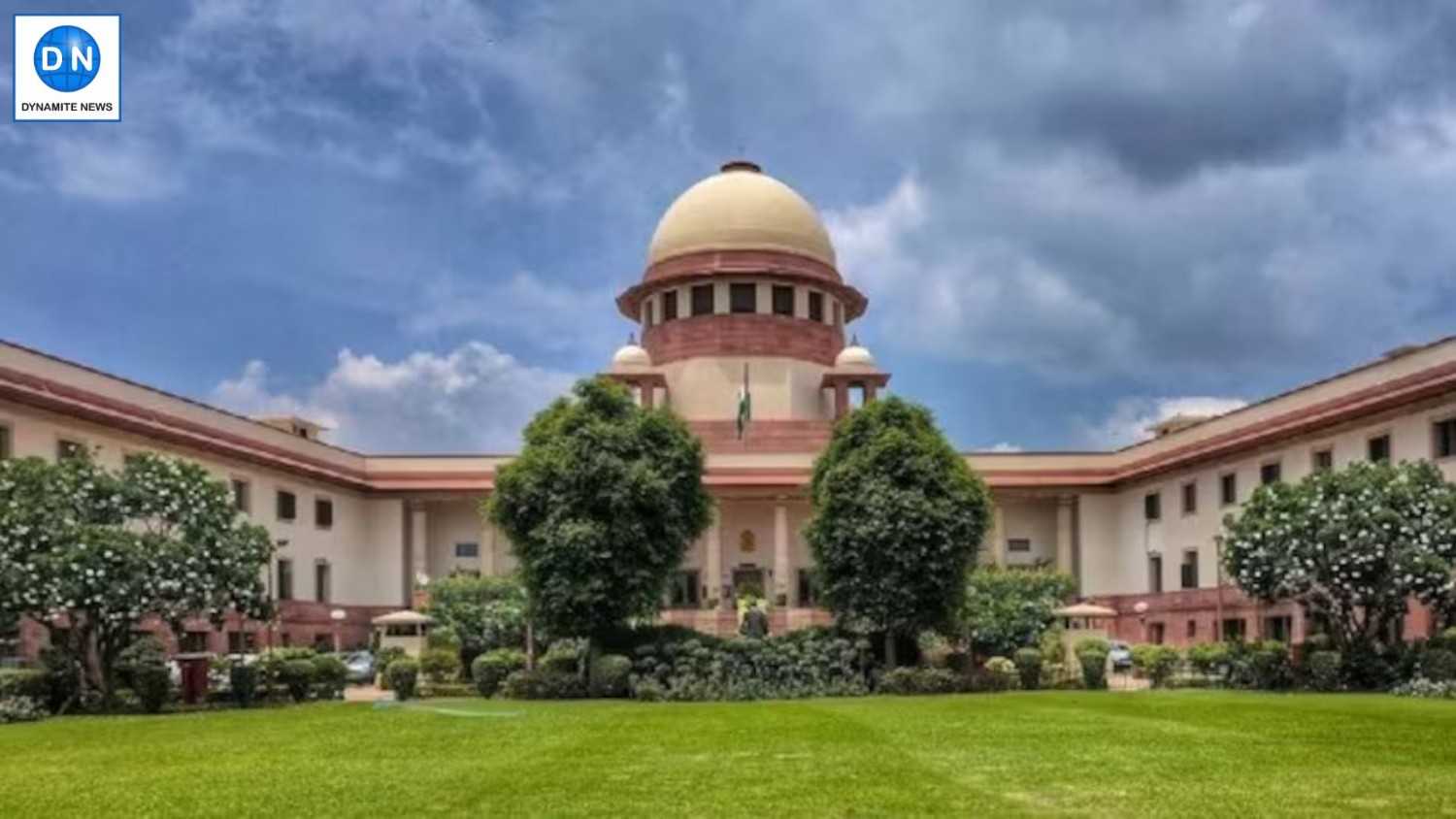
New Delhi: The Supreme Court on Monday ordered the Commission for Air Quality Management (CAQM) to review the decision on closure of schools in the national capital region, particularly for the classes 10 to 12.
A Bench of Justices Abhay S Oka and Augustine George Masih said the decision be reviewed as many of the students are losing the access to mid-day meals and do not have air purifiers at home.
The Court said the decision be taken either today or by tomorrow.
"The commission will have to consider relaxing norms as large number of students cannot avail mid day meals and large number of children cannot access air purifiers and not much difference in air outside and inside the place," it said.
This was after an application was moved by parents of some students for opening of schools.
Senior Advocate Meneka Guruswamy, representing a group of parents, said lakhs of students depend on mid-day meals and because of the school closure, the food is no more available to them.
"They do not have air purifiers at home.. so how do we know air at home is better," Guruswamy further submitted.
When Senior Advocate Gopal Sankaranarayanan opposed the dilution of any measures, Justice Oka said, "But what about children who do not have internet".
In reponse, Sankaranarayanan said, "Same with cleaners and others who do not have access to."
Also Read |
Delhi Pollution: Supreme Court questions Odd-Even formula; Asks to stop farm fires right now
The Court said it can at least examine re-opening of schools after comparing the Air Quality Index (AQI) figures of past few years.
"As far as education is concerned, let the stage resume.. as it was in GRAP III...," it added.
However, Sankaranarayanan said the Court should wait a few more days for that. He highlighted that a number of vehicles are used to ferry school children.
The Court nevertheless thought it fit to ask CAQM to relax ban on physical classes.
Justice Abhay S Oka and Justice Augustine George Masih
With regard to other restrictions in Delhi-NCR, the Court said that unless it is satisfied about the improvement in air quality, it cannot reduce other measures under Graded Response Action (GRAP) from level IV to III or II.
The Court, meanwhile, ordered the CAQM to initiate action against the officials of Delhi government and Delhi Police for lack of strict implementation of GRAP-IV measures.
"It is apparent that authorities mentioned in GRAP IV clauses 1 to 3 have not made any earnest effort to implement action under clauses 1 to 3. commissioners have noted that police were only deployed as on November 23 and thus a serious lapse on part of authorities in clauses 1 to 3. Thus we direct commission to initiate action under section 14 of CAQM Act 2021."
The Court also said the commission can issue directions to authorities to ensure that laborers and daily wagers do not suffer because of the continuing restrictions.
"Thus we direct Commission to take several mitigating measures under section 12 of the Act," it ordered. The Bench was hearing the case concerning the Delhi air pollution crisis.
The case concerns pollution in Delhi and including action taken by authorities in the adjoining States of Punjab, Haryana and Uttar Pradesh to curb stubble-burning incidents which is said to be a major reason for the air pollution.
Also Read |
Air emergency in Delhi: City chokes on smog as AQI remains in 'severe' zone
The Bench had recently called for strict implementation of Stage IV measures under the Graded Response Action Plan (GRAP) to combat the pollution crisis and even ordered the closure of physical classes for school students in Delhi.
During the last hearing, it had appointed thirteen lawyers 'advocate commissioners' to examine whether its earlier directives to restrict the entry of trucks from neighboring areas into the national capital is being properly enforced.
Today, the court commissioners highlighted the loopholes in enforcement of restrictions on the entry of trucks into the national capital.
"There was no personnel from Delhi Government transportation wing ..check was happening but how effective it was had to be seen. We saw all 83 check points and all had some definition of check posts. They were jumping middle of the road to stop trucks," the Court was told.
It was also submitted that police were put on checking duty at few places only after the orders of the top court.
Additional Solicitor General Aishwarya Bhati, representing the Delhi Police, submitted that when GRAP IV was implemented, an order was issued to man 23 check points.
The Court called it a negligence that the other check points were not manned. "Okay we will direct prosecution against Commissioner of Delhi then," it said.
The Bench also warned of action against the officials of Delhi government for the negligence on their part.
Complimenting the Court Commissioners for their work, the Court ordered that they will continue with their assignment and report to the Court.
"It is apparent that the authorities have made no earnest efforts to implement the action in terms of Clauses I-III," it said.







